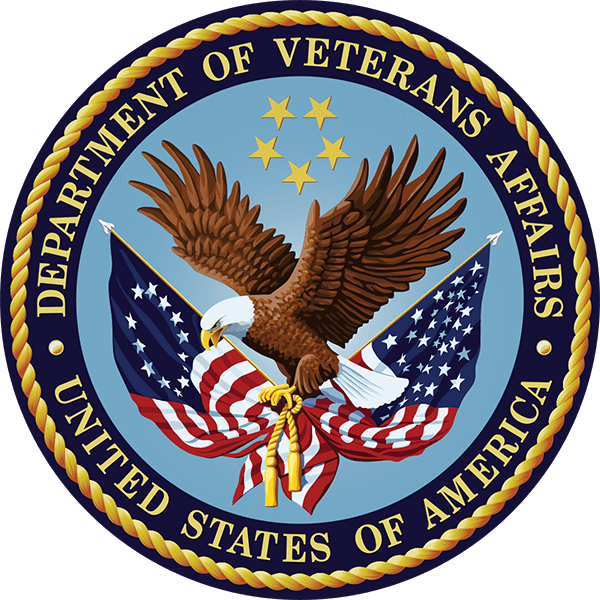Office of Survivors Assistance
The Department of Veterans Affairs (VA) Office of Survivors Assistance (OSA) is here to assist survivors in making the necessary transition with benefits assistance.
OSA monitors VA’s delivery of benefits to survivors, makes appropriate referrals to VA offices for survivors seeking benefits and explores innovative ways of reaching survivors who are not receiving VA benefits for which they are eligible to receive. Some of these benefits include, but are not limited to, education assistance, home loan guaranties, health care insurance and Dependency and Indemnity Compensation (DIC).
OSA has established multiple partnerships with the Department of Defense agencies, Veterans Service Organizations and other non-government organizations to explore ways to ease the transition of survivors into the VA system, and to make a difference in survivors’ lives.
OSA maintains a Web site, www.va.gov/survivors, to help survivors navigate through resources that may be available to them. Watch this informative video to find out more about some of the many surviving families working with VA and additional information about benefits offered by the VA.
If you have further questions or need assistance, please call Moira Flanders and Scott Bell with the VA Office of Survivor’s Assistance directly at (202) 461-1077 or email at officeofsurvivors@va.gov.
Health Care Benefits: Under the Civilian Health and Medical Program of the Department of Veterans Affairs (CHAMPVA), certain dependents and survivors can receive reimbursement for most medical expenses – inpatient, outpatient, mental health, prescription medication, skilled nursing care and durable medical equipment.
Eligibility: To be eligible for CHAMPVA, an individual cannot be eligible for TRICARE (the medical program for civilian dependents provided by the Department of Defense) and must be one of the following:
- The spouse or child of a Veteran whom VA has rated permanently and totally disabled due to a service-connected disability.
- The surviving spouse or child of a Veteran, who died from a VA-rated service-connected disability, or who, at the time of death, was rated permanently and totally disabled.
- The surviving spouse or child of a Veteran who died on active duty service and in the line of duty, not due to misconduct. However, in most of these cases, these family members are eligible for TRICARE, not CHAMPVA.
A surviving spouse under age 55 who remarries loses CHAMPVA eligibility on midnight of the date of remarriage. He/she may re-establish eligibility if the remarriage ends by death, divorce or annulment effective the first day of the month following the termination of the remarriage or Dec. 1, 1999, whichever is later. A surviving spouse who remarries after age 55 does not lose eligibility upon remarriage.
For those who have Medicare entitlement, CHAMPVA is secondary payer to Medicare. For additional information, contact the VA Health Administration Center, CHAMPVA, P.O. Box 469028, Denver, CO 80246, call 1-800-733-8387 or visit the VA website.
Many VA health care facilities provide services to CHAMPVA beneficiaries under the CHAMPVA In-house Treatment Initiative (CITI) program. Contact the nearest VA health care facility to determine if it participates. Those who use a CITI facility incur no cost for services; however, services are provided on a space-available basis, after the needs of Veterans are met. Not all services are available at all times. The coverage of services is dependent upon the CHAMPVA benefit coverage. CHAMPVA beneficiaries who are covered by Medicare cannot use CITI.
Bereavement Counseling
VA Veteran Centers provide bereavement counseling to all family members including spouses, children, parents, and siblings of service members who die while on active duty. This includes federally activated members of the National Guard and reserve components. Bereavement services may be accessed by calling (202) 461-6530.
Bereavement counseling is available through any Veterans Health Administration medical center to immediate family members of Veterans who die unexpectedly or while participating in a VA hospice or similar program, as long as the immediate family members had been receiving family support services in connection with or in furtherance of the Veteran’s treatment.
In other cases, bereavement counseling is available to the Veteran’s legal guardian or the individual with whom the Veteran had certified an intention to live, as long as the guardian or individual had been receiving covered family support services.
This bereavement counseling is of limited duration and may only be authorized up to 60 days. However, VA medical center directors have authority to approve a longer period of time when medically indicated. Contact the Social Work Service at the closest VA Medical Center to access bereavement counseling services.



